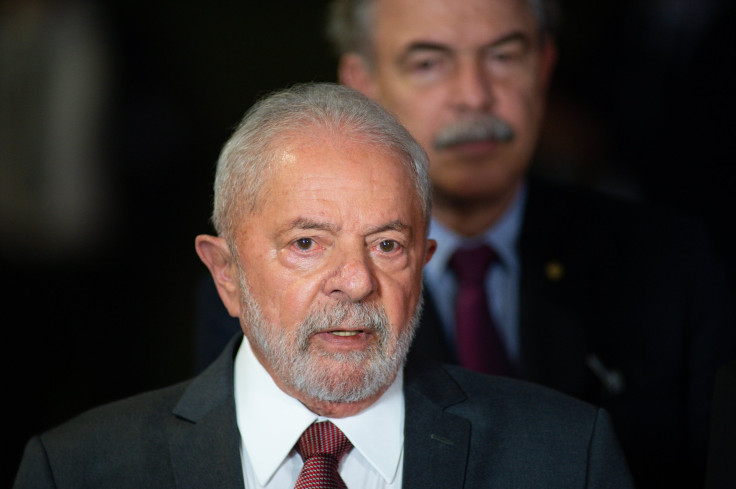
Brazilian and Colombian Presidents Luiz Inácio Lula da Silva and Gustavo Petro, suggested Venezuela conducts a new election as a way out of the current crisis, ongoing since July 28 after the Nicolás Maduro government claimed victory without showing supporting data.
Speaking to a local radio station, Lula said the do-over could be one of two potential alternatives as the fallout continues, the other one being a coalition government. However, he did say that it's "still unclear" who won the elections as the data has not been independently verified.
"Maduro still has six months in office. If he has common sense, he could even call for new elections, creating an electoral committee with opposition members and overseers from all over the world," Lula said during a passage of the interview.
He went on to say that his relationship with Maduro has "deteriorated" as a result of the political situation in Venezuela.
Colombian President Gustavo Petro, on his end, said that it is up to Maduro to reach a "political solution" for the country. He also suggested a coalition government among a series of other proposals, which include "the lifting of all sanctions against Venezuela, national and international general amnesty, provisional coalition government and new and free elections."
De Nicolás Maduro depende una solución política para Venezuela que lleve paz y prosperidad a su pueblo.
— Gustavo Petro (@petrogustavo) August 15, 2024
La experiencia del Frente Nacional colombiano es una experiencia que usada transitoriamente puede ayudar a la solución definitiva.
Lula's suggestion had already been floated by his top foreign policy aide, Celso Amorim. He said it's a preliminary idea that hasn't been shared with Colombia and Mexico, two other regional power brokers in the issue.
Amorim said the new elections should be preceded by the lifting of sanctions by the European Union on Venezuelan authorities and monitored by members of the bloc. It is worth mentioning that another group of international overseers from the Carter Center were present in the July elections and concluded that they were not "in accordance with international standards of integrity and can't be considered as democratic."
According to Mexican outlet El Universal, President Andrés Manuel López Obrador (AMLO) said he won't speak with his Brazilian and Colombian counterparts "for the moment" as he waits for a decision on the elections by the government-friendly electoral court. AMLO has been more inclined than his pairs to give credit to Venezuelan officials despite their bias toward the government.
The idea has already been rejected by the Venezuelan opposition. Top official María Corina Machado told El País that she won't accept such a possibility, describing it as a "red line" in any negotiations with the government.
"The elections' result is not negotiable, popular sovereignty is not negotiable. How could anyone think about holding a new election? We had one here, under the regime's term, with an unequal campaign. With their machines, their tally. We won under their rules, the world knows we won," she said.
© 2025 Latin Times. All rights reserved. Do not reproduce without permission.





